Data Networks using BioCASe
 |
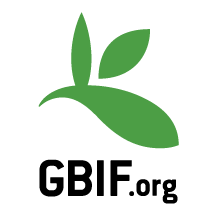 |
|
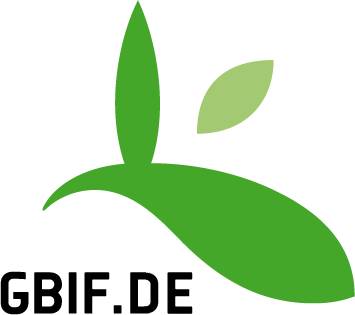 |
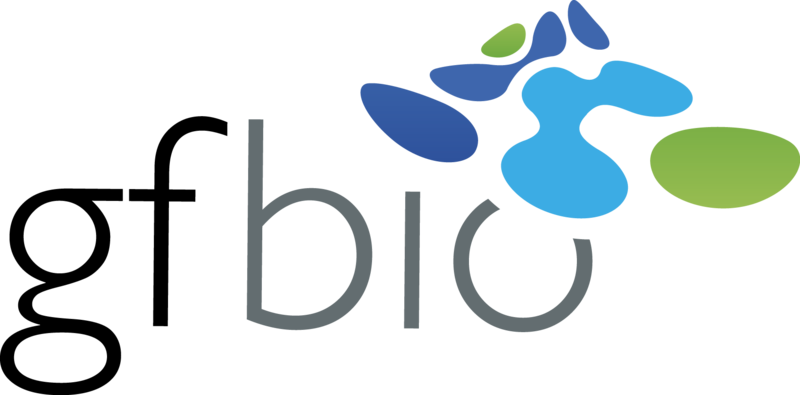 |
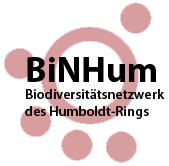 |
 |
 |
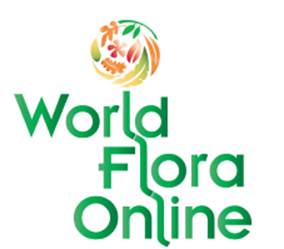 |
 |
VH/de | 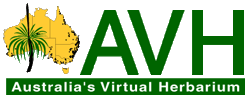 |
A network of primary biodiversity repositories
The Biological Collection Access Service (BioCASe) is a transnational network of primary biodiversity repositories. It links together specimen data from natural history collections, botanical/zoological gardens and research institutions worldwide with information from huge observation databases. The aim is to make the world's data on biodiversity data freely and universally accessible on the Internet through data portals and web services, a goal that BioCASe shares with related initiatives such as the Global Biodiversity Information Facility (GBIF) and Integrated Digitized Biocollections (iDigBio). In the past years, BioCASe has developed into a widely accepted standard for data sharing and has laid the foundations for several thematically - both taxonomically and geographically - specialized networks (see box to the right).
The core: The BioCASe Provider Software
The BioCASe Provider Software
 A core component of the BioCASe network is the BioCASe Provider Software (aka PyWrapper), a software package that allows primary biodiversity data publishing from any abritrarily structured database. A beginner's guide, detailed installation and configuration tutorials as well as FAQs can be found in the PyWrapper Wiki.
A core component of the BioCASe network is the BioCASe Provider Software (aka PyWrapper), a software package that allows primary biodiversity data publishing from any abritrarily structured database. A beginner's guide, detailed installation and configuration tutorials as well as FAQs can be found in the PyWrapper Wiki.
Core component of BioCASe is the BioCASe Provider Software (BPS), a data binding middleware that allows publishing biodiversity data as a BioCASe-compliant web service. BioCASe web services can be queried and harvested with the BioCASe protocol and will return ABCD-structured documents. The Access to Biological Collections Data (ABCD) schema is a standard that allows storing rich information from both observation and collection databases, both living and preserved, and is suitable for botanical, zoological, bacterial and viral data. The BioCASe Provider Software is Open Source, platform-independent and can connect to most contemporary database management systems.
A whole suite of tools
Grouped around the BioCASe Provider Software, additional tools and products have been developed:
- The BioCASe data portal is a software package that can be used for setting up special interest biodiversity data networks. Currently, several installations serve different communities, for example the EDIT Specimen Explorer, GBIF-DE Botany or the German Virtual Herbarium (VH/de).
BioCASe Technology
 Often the term BioCASe refers to the technology that was created for the BioCASe network, in particular the BioCASe protocol, the ABCD standard and the BioCASe provider software.
Often the term BioCASe refers to the technology that was created for the BioCASe network, in particular the BioCASe protocol, the ABCD standard and the BioCASe provider software. - The Thesaurus Optimized Query Expander (TOQE) is a tool that can connect any thesaurus database with the BioCASe data portal (or any other portal or software), thus effectively improving search results for user queries. Once installed and configured, the thesaurus will be accessible as web service and can be queried for taxonomic or geographic synonyms, misapplied names or hierarchies for given terms.
- AnnoSys is a generic annotation system that provides the digital equivalent to traditional annotation slips attached to collection specimens. Users can create annotations on specimens they visit on data portals, which will be displayed to latter users and also be sent to the collection's curator.
- The BioCASe Monitor is a tool that allows monitoring the status of BioCASe data providers in a network. In addition to the general availability of the web services it can be used to check their configuration and get an overview of the published data.
- The Data Quality Toolkit was developed by the OpenUp! project and aides collection holders in tackling data quality issues. It will examine the records published by a BioCASe web service and perform a number of data quality checks, for example for the validity of taxonomic names used or whether the gathering location conforms to the coordinates provided.
Secretariat & Helpdesk
 Collection curators or database holders interested in sharing their data should contact the BioCASe secretariat at the Botanical Museum Berlin, which will answer any question and will offer assistance in the process. Detailed information on how to share data with BioCASe can also be found at the PyWrapper wiki, which includes a beginner's guide, installation, configuration and debugging instructions as well as a comprehensive list of FAQs.
Collection curators or database holders interested in sharing their data should contact the BioCASe secretariat at the Botanical Museum Berlin, which will answer any question and will offer assistance in the process. Detailed information on how to share data with BioCASe can also be found at the PyWrapper wiki, which includes a beginner's guide, installation, configuration and debugging instructions as well as a comprehensive list of FAQs.

BioCASe is the GBIF Participant Node for the Consortium of European Taxonomic Facilities, so the secretariat in Berlin is able to endorse data publishers for the GBIF network.
Note: Historically, the term BioCASE referred to the BioCASE project (Biological Collection Access Service for Europe), a EU-funded project that laid the groundwork for implementing a fully functional service unlocking the immense biological knowledge base formed by biological collections. More details on the historical meaning of BioCASE can be found here.
